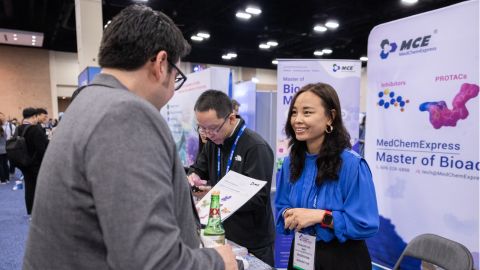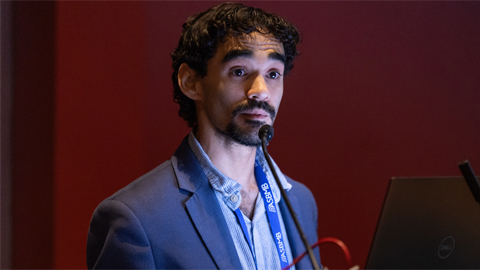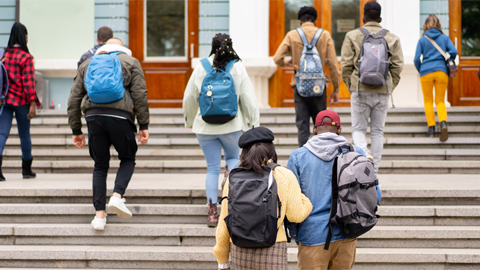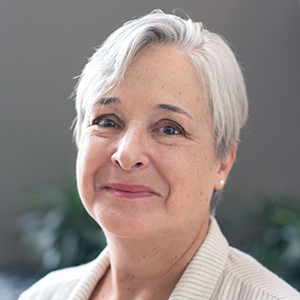Working knowledge
More than 30 years ago, I was employed as the parish administrator of a church, a huge, crumbling building in an underserved area of Washington, D.C. The parish ethos was to make maximum use of the building by opening it up to neighborhood service providers.
I was in my early 30s, a young mother with a degree in liberal arts and a vague interest in improving the world. My boss, the rector, was about 10 years older, one of the first women ordained as a priest in the Episcopal Church. The parish staff was bare bones and the budget small.
One dank winter afternoon, the heat stopped working. Complaining phone calls came from the preschool and free clinic upstairs. Our resident custodian (referred to in Anglican-speak as a sexton) was AWOL, so the rector and I made our way into the bowels of the church basement to the furnace, an ancient behemoth squatting in a dark corner. It required the regular draining of something called a McDonnell & Miller valve, a bit of maintenance that had gone neglected. We wrestled the valve open and, as steaming rusty water gushed into a bucket (and onto our shoes), the rector sighed and gave me a deadpan look.
“Another thing they didn’t teach me in seminary.”
Which brings me to careers in biochemistry and molecular biology.
As an undergrad, grad student and (maybe) postdoc, you’ve learned a whole lot about science. But how much were you taught about having a career as a scientist? More to the point, how much were you not taught? How much knowledge did you have to pick up outside the lab — about choosing a career path, finding a job, starting a lab, or managing a budget and personnel?
You’ve probably learned a lot from your experience, which is, as they say, the best teacher. Would you be willing to share some of that hard-won knowledge?
The August issue of ASBMB Today traditionally is given over to the vast topic of careers. It’s an opportunity for society members to pool their collective wisdom and help each other with the stuff they really need to know.
Every career has its McDonnell & Miller valves. We’d like to hear about yours. Maybe you want to write an essay. Maybe you just have a few words of wisdom. Either way, drop me a line. Deadline for the August issue is June 3.
Enjoy reading ASBMB Today?
Become a member to receive the print edition four times a year and the digital edition monthly.
Learn moreGet the latest from ASBMB Today
Enter your email address, and we’ll send you a weekly email with recent articles, interviews and more.
Latest in Opinions
Opinions highlights or most popular articles

Black excellence in biotech: Shaping the future of an industry
This Black History Month, we highlight the impact of DEI initiatives, trailblazing scientists and industry leaders working to create a more inclusive and scientific community. Discover how you can be part of the movement.

Attend ASBMB’s career and education fair
Attending the ASBMB career and education fair is a great way to explore new opportunities, make valuable connections and gain insights into potential career paths.

Benefits of attending a large scientific conference
Researchers have a lot of choices when it comes to conferences and symposia. A large conference like the ASBMB Annual Meeting offers myriad opportunities, such as poster sessions, top research talks, social events, workshops, vendor booths and more.

When Batman meets Poison Ivy
Jessica Desamero had learned to love science communication by the time she was challenged to explain the role of DNA secondary structure in halting cancer cell growth to an 8th-grade level audience.

The monopoly defined: Who holds the power of science communication?
“At the official competition, out of 12 presenters, only two were from R2 institutions, and the other 10 were from R1 institutions. And just two had distinguishable non-American accents.”

How I made the most of my time as an undergrad
An assistant professor of biology looks back at the many ways he prepared (or didn’t) for his future when he was in college.

